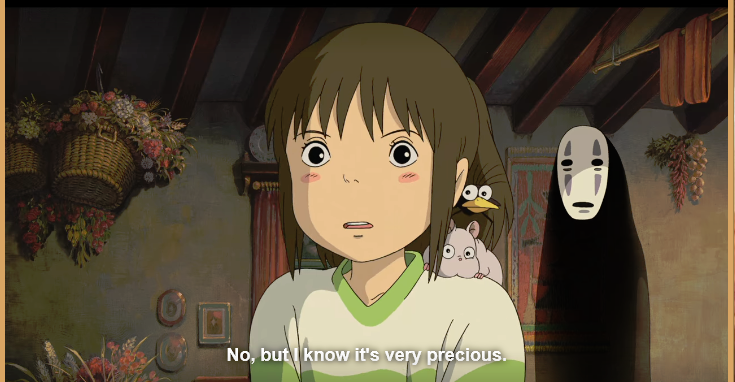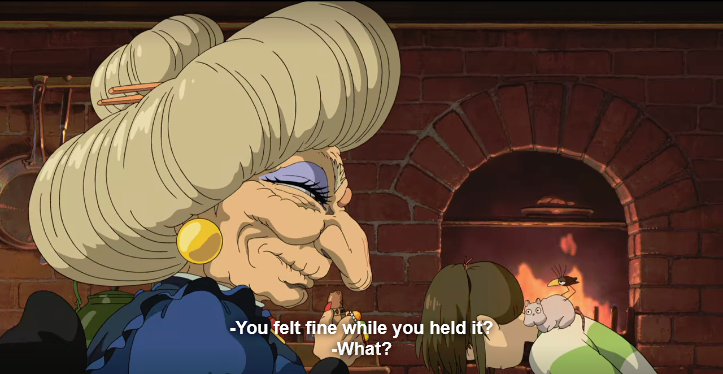Watching movies in different languages that I can understand, more or less, my point of view (I watch movies that are not in my native language with subs, with my girlfriend who speaks something else, therefore we put subs even when watching a movie in my language :)
First the differences
- subtitles often are shorter than the actual dialogue, because the viewers must read them, and sometimes a lot is said - it's kind of summarized
- dubbing must stick as much as possible to the actors lips, therefore they have to change the real translation to match that
But there are other differences not directly linked to the dialogue and language: most of the time, in any language, dubbing - while pretty accurate semantically - loses a ton in the "acting" department ; "dubbers" do say what they have to say, but comparing the original and the dubbed version, usually the latter lacks a lot of the original expressions, tone, intensity... basically the "emotional" message said is pretty different. (exception note: some older movies have great dubbing)
So that's a (big) +1 for subs.
Another difference I noticed is that while the dubbing is (usually) closer to the actual dialogue in terms of phrase length, they tend to "smooth" the language. For instance, in English, the "f*" word appears in the subs, but is not correctly translated in the dubbing, which is softer. Same for other slang words.
Another +1 for subs.
The +1 for dubbing is that you can keep your eyes on the movie... (I remember someone (American) talking about the movie "Amelie". He said "that's a nice movie, but I didn't know what is better, watch the movie (and miss dialogue) or read subtitles").
So to answer your question more directly, I'd say that in terms of contents dubbing is probably closer to the actual translation (phrase length) but you miss many other things that make this positive aspect not so ideal (this is the reason I mentioned the differences).
And subs care less about making the dialogue "softer", and stick more to the original script. They're "compressed" but probably closer to the slang-level of the original dialogue.
Nothing is perfect when you don't understand the original language.


